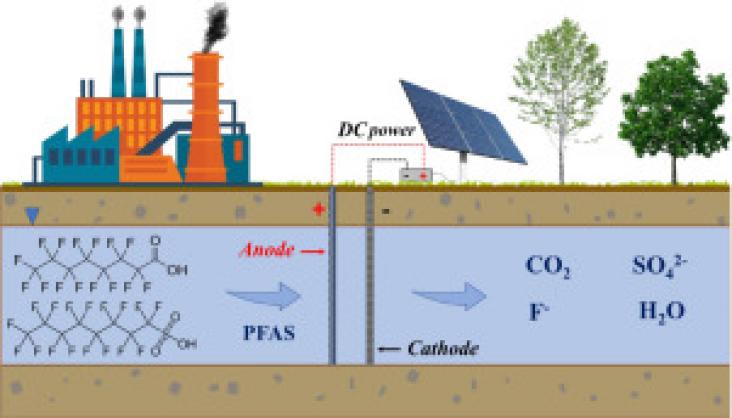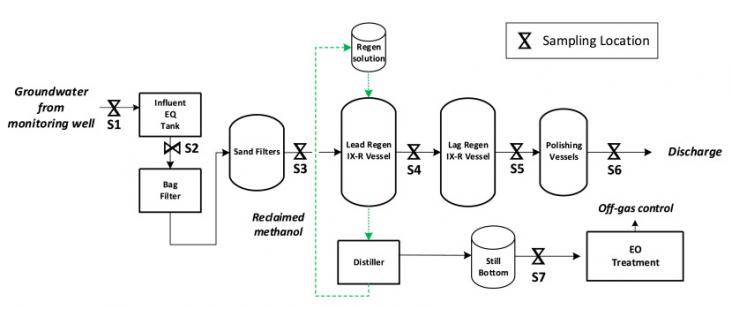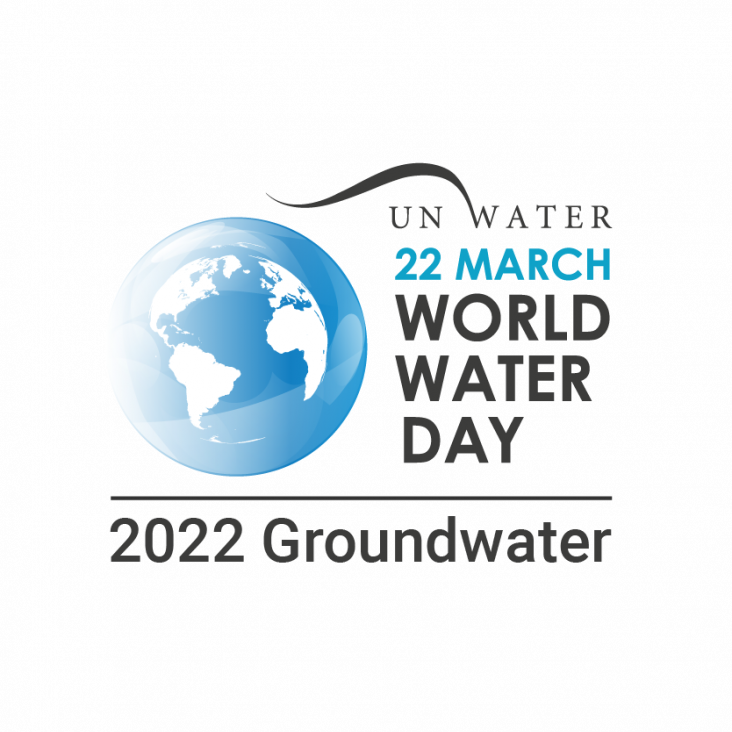Examination of the life-centred design approach, which provides a more holistic perspective to the production of interactive products by decentring humans. Article puts forward a practical framework for life-centred design, allowing for environmental and ethical concerns to be highlighted.
This Article supports SDGs 3 and 6 by developing estimates of regulated metals in community water systems, which can be used in future studies, and by showing that there are significant sociodemographic inequalities in public water uranium concentrations.
With the continuous development of human society, people's over-exploitation of nature leads to frequent environmental problems.
This Review supports SDGs 3 and 6, focusing on the complex ways that multiple factors interact during droughts to influence HIV treatment adherence. The authors suggest that economic and livelihood challenges resulting from food and water insecurity during droughts have the biggest impact on adherence.
Decoupling has increasingly been recognized as a way to reconcile limitless economic growth with environmental pressures. This study assesses current and projected future decoupling factors of water withdrawals in relation to GDP.

Groundwater remediation technologies that can destroy per- and polyfluoroalkyl substances (PFAS) in situ are in high demand.

This pilot-scale field demonstration evaluated the remediation of poly- and perfluoroalkyl substances (PFAS) from groundwater contaminated with aqueous film-forming foam (AFFF) from a coupled regenera

World Water Day is on 22 March every year. This year’s theme is ‘groundwater’ and draws attention to the hidden water resource that has always been critically important but not fully recognized in sustainable development policymaking. To raise awareness on sustaining groundwater, Elsevier presents a curated list of publicly available journal articles and book chapters. At Elsevier, we are advancing #SDG6 research and ensuring that #groundwater is sustainably explored, analyzed, and monitored
An all-around solution addressing the water-energy-food nexus for remote rural areas.
In this review, the authors summarize the latest understanding on the detection, concentration, and evaluation of SARS-CoV-2 in wastewater.
